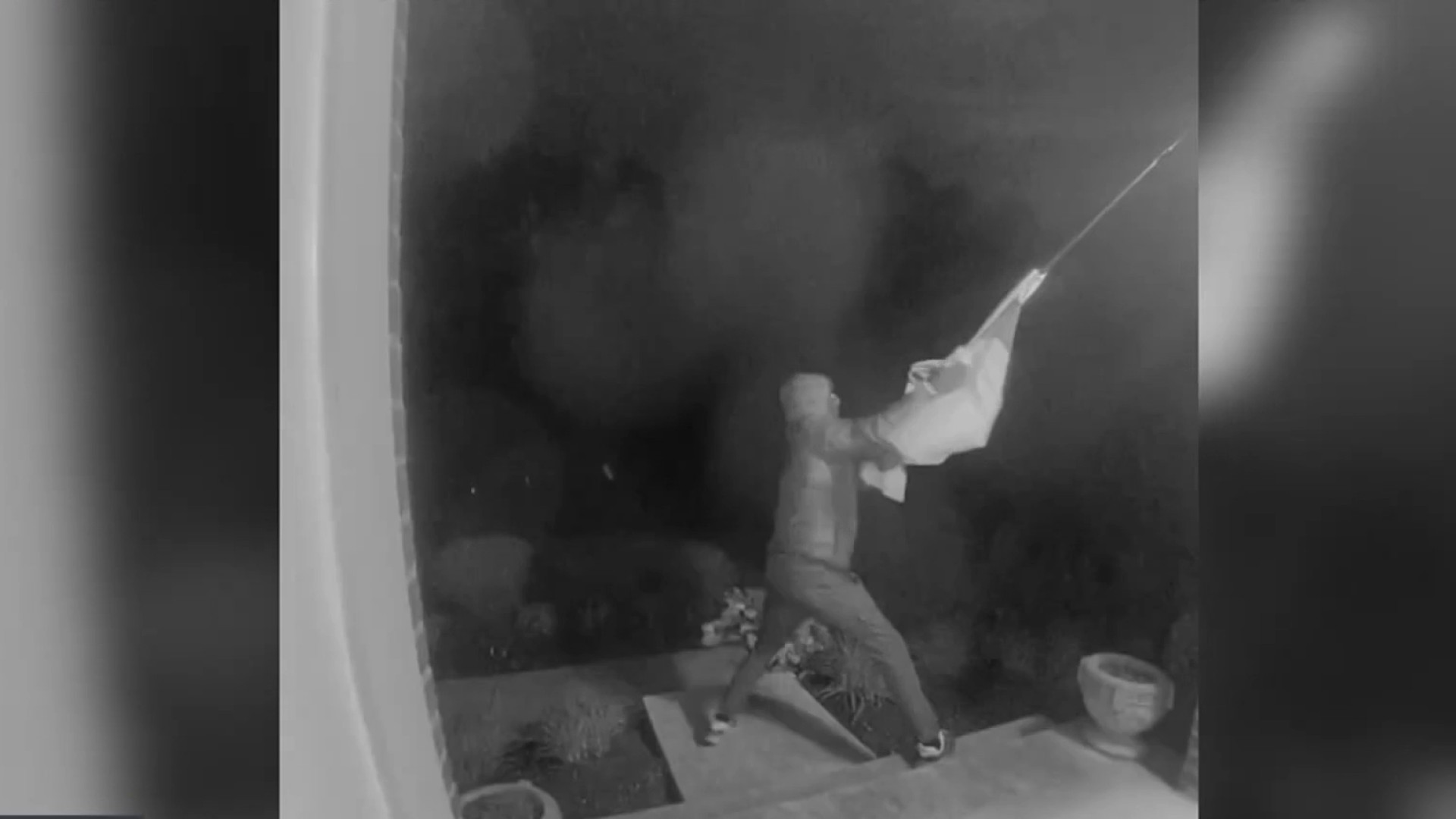Maryland's Democrat-controlled General Assembly on Monday wrapped up a legislative session that was full of measures in opposition to policies supported by President Donald Trump and the GOP-led Congress.
The state passed a package of legislation to address overdoses from opioids, hours before the midnight adjournment. A measure to add up to seven licenses to grow medical marijuana to increase minority ownership of businesses in the state's developing industry failed in the final minutes.
Opposition to proposed policies of the Republican president 30 miles away was a dominant theme of the session from beginning to end. One Republican said Democrats were suffering from a "Trumpertantrum,'' frustration that Trump is president. Other Republicans say Maryland Democrats have wandered away from their responsibilities at home to play politics with issues in Washington.
During its 90-day session, Democrats passed legislation aimed at protecting health care from cuts in Washington, thwarting school privatization and protecting the environment.
Maryland Democrats played defense on multiple fronts from early on this session in reaction to Trump. They've also been on the offense in a year before state elections, working to link popular Republican Gov. Larry Hogan to a Republican president who only received 34 percent of the vote in a state where Democrats outnumber Republicans 2-1.
The Senate moved swiftly to add another bill to the list: an internet privacy protection measure, but a House panel on Monday killed the bill, which was in response to a vote in Congress to repeal regulations that would have required internet providers to obtain their customers' consent before collecting their personal information. Overall, Democrats said they took steps to try to help protect progressive values.
"Certainly, we don't see Maryland values coming out of the U.S. Congress or coming out of the White House,'' said Del. Bill Frick, a Montgomery County Democrat. "You did see Maryland values coming out of the statehouse and the state Senate.''
Local
Washington, D.C., Maryland and Virginia local news, events and information
Sen. Stephen Waugh, a St. Mary's County Republican who voted against the internet privacy bill, described it as a measure of "zero efficacy, as far as changing anything real for anybody.''
"It is nothing more than a Trumpertantrum,'' Waugh said, adding that he believes its biggest impact would have been to prompt large internet companies to stay away from Maryland.
Hogan, who did not support Trump in November, said he's focused on improving the state, particularly its business climate, and fighting opioid addiction. Despite the Trump-related measures, Hogan pointed to some successful efforts at bipartisanship. He noted passage of an ethics reform bill he put forward, a measure that comes during a session that has been marked by corruption charges against lawmakers at the session's beginning and as recently as Friday.
Hogan also won passage in the session's last hour of a measure aimed at attracting manufacturing jobs to the state with tax incentives.
The General Assembly moved ahead with legislation to battle rising deaths from opioid addiction, another area where the governor and lawmakers found bipartisan ground.
"We had a few heated moments here and there on some different topics and, you know, some rhetoric, but the reality was that we worked across the aisle and got things done for the people of Maryland,'' Hogan told reporters Monday afternoon.
Early in the session, Democrats approved a resolution to empower the attorney general to sue the federal government without the governor's permission. Weeks later, they passed a bill to allocate an extra $1 million a year in future budgets to help pay expenses to do that.
Maryland also became the first state in the nation to enact legislation to compensate for possible future federal cuts to Planned Parenthood.
House and Senate Democrats were divided on another issue related to Trump: immigration.
The House voted for a bill to prevent authorities from stopping or detaining people solely to ask about their immigration status. The House also sought to block corrections officials from holding arrestees in jail without a court order, simply because federal Immigration and Customs Enforcement agents have sent a request to hold someone. The Senate rejected that part of the measure. Neither provision passed.



